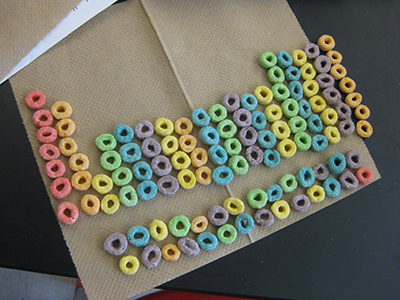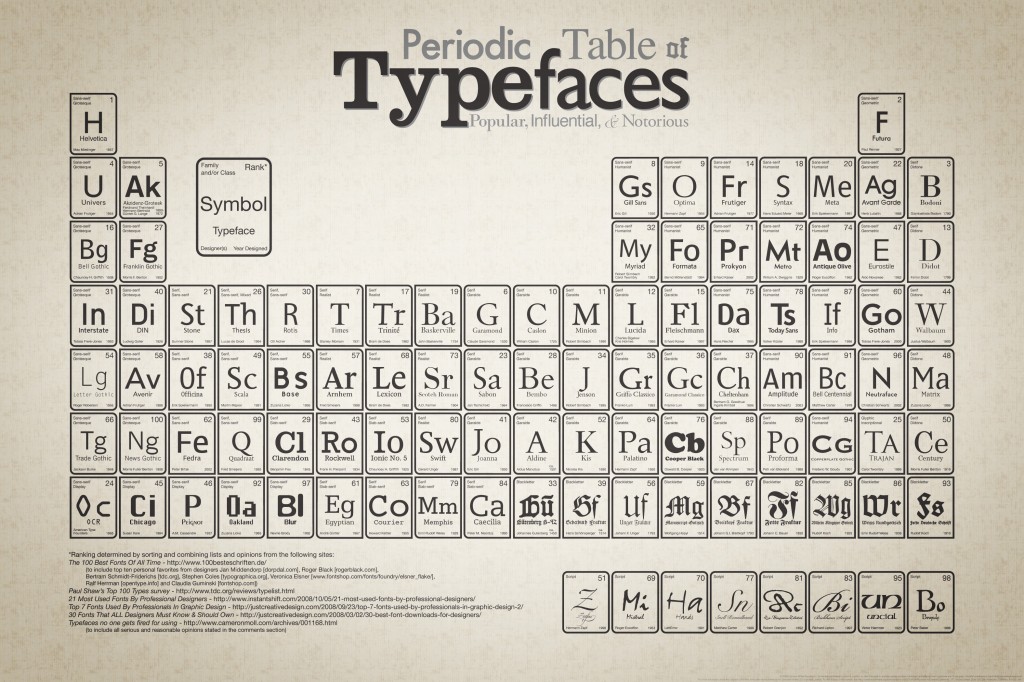Considering Boris’ situation
Boris has been teaching Chemistry 11 at a regional high school in the Bulkley Valley of northern BC for over a decade. He uses his school district’s Moodle server to disseminate lecture notes, lab forms and to answer student questions outside of class time via a discussion forum.
Over the years he’s found a distinct gap between some students’ performance in laboratory exercises and their exams. In particular they seem to have difficulty transferring what they learn about the Periodic Table in their labs (and readings) to their exam work. Some students do well, but they are those who find it manageable to memorize the entire table: students who cannot, who comprise about half his students in any given year, are the ones who struggle.
There isn’t a single hour of extra time for Boris to spend on Periodic Table review in class. He does have some extra handouts to give students who want more practice, but knows these only scratch the surface – substantive review would require a more detailed and systematic approach.
Boris is trying to find some way to create a stand-alone, self-directed review tool for students learning the Periodic Table. It should allow students to review material, then test their knowledge. In a perfect world it would give students instant feedback that not only tells them if they’re right or wrong: it would give them formative feedback that helps them move towards the right answers.
When I saw this post I didn’t think I’d have enough time to address it along with all of the other things I have due this week (balancing 3 MET courses and PT work). I did have a bit of time on the bus to review the RSS feeds to read others posts regarding what Boris can do. I stumbled upon Kate’s very well thought out response and I realized that perhaps I could add to it. She suggested a plethora of really great existing Periodic Table resources so that Boris doesn’t have to ‘reinvent the wheel’.
What if he used a Moodle page and quiz tools to embed and test with some of these already existing resources to support his weekly labs and readings for extra practice? Also, if his students are having trouble applying or transferring knowledge, then perhaps the labs themselves are not adequately helping students to apply this knowledge?
Quizes and other Moodle tools can certainly be used to give instant feedback, they can also provide hints, links, and other resources to help complete tasks in practical ways. He can use the instant, general or question specific feedback boxes to direct students to very specific resources that can be used to improve their understandings. If he provides a number of these resources every week, pretty soon he will have a systematic stand-alone review method in place to help support his students. I’d also suggest that he also have a forum where students can submit links that they find helpful in relation to each week’s resources, this way he can amass a library of potential review sources.
PS. Random creative sidebar: I found a few interesting images in my periodic table search:
Periodic table of Froot Loops

And my personal favorite, Periodic table of Typefaces (this would relate to my design course lol):





